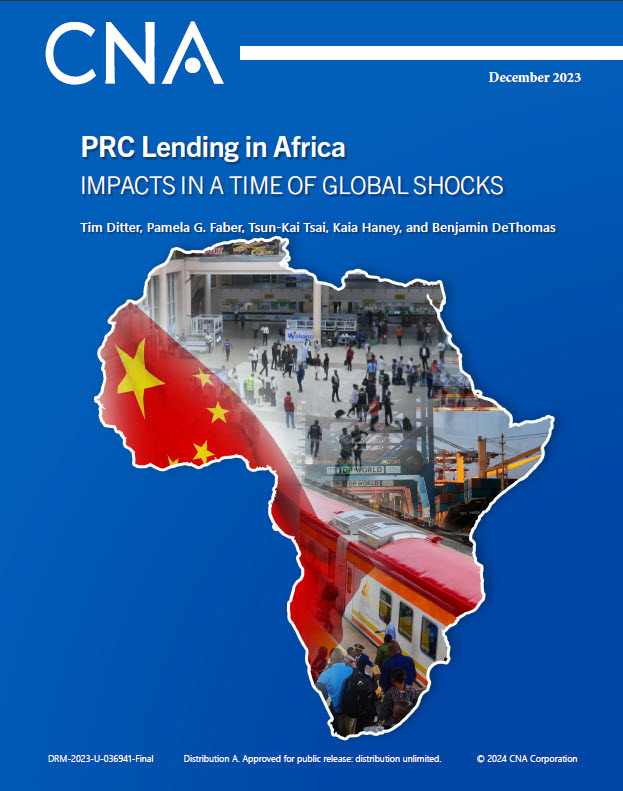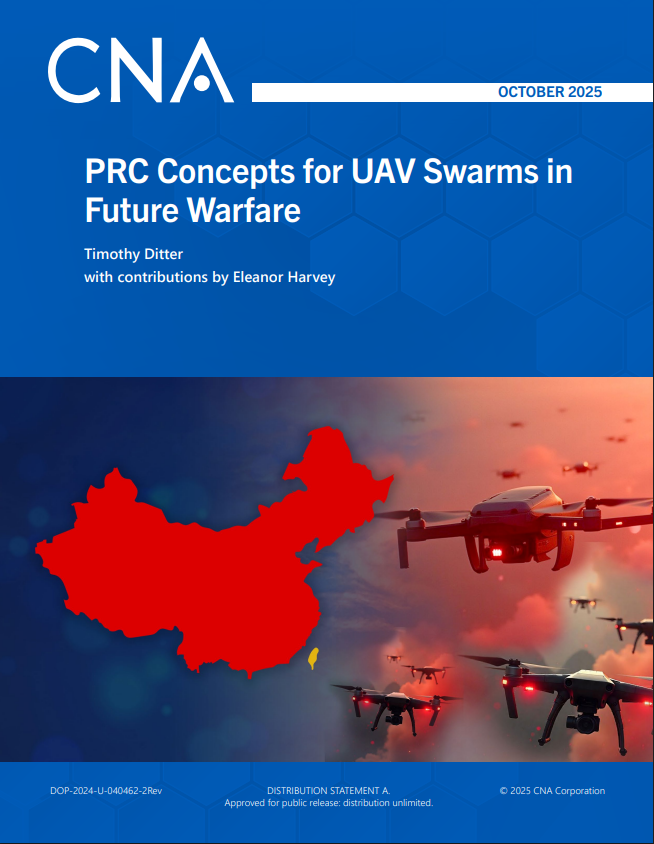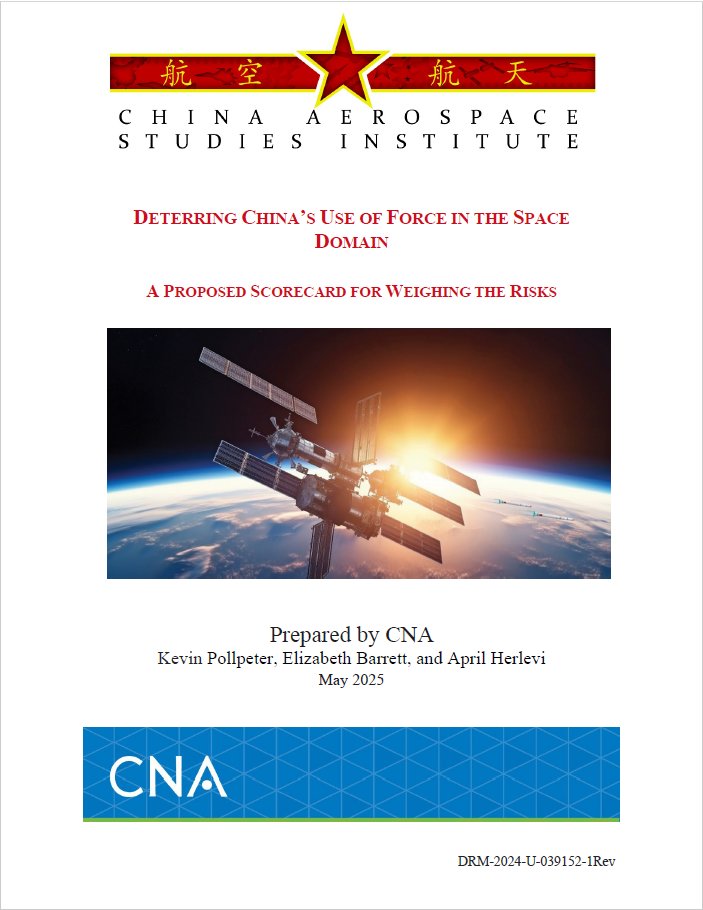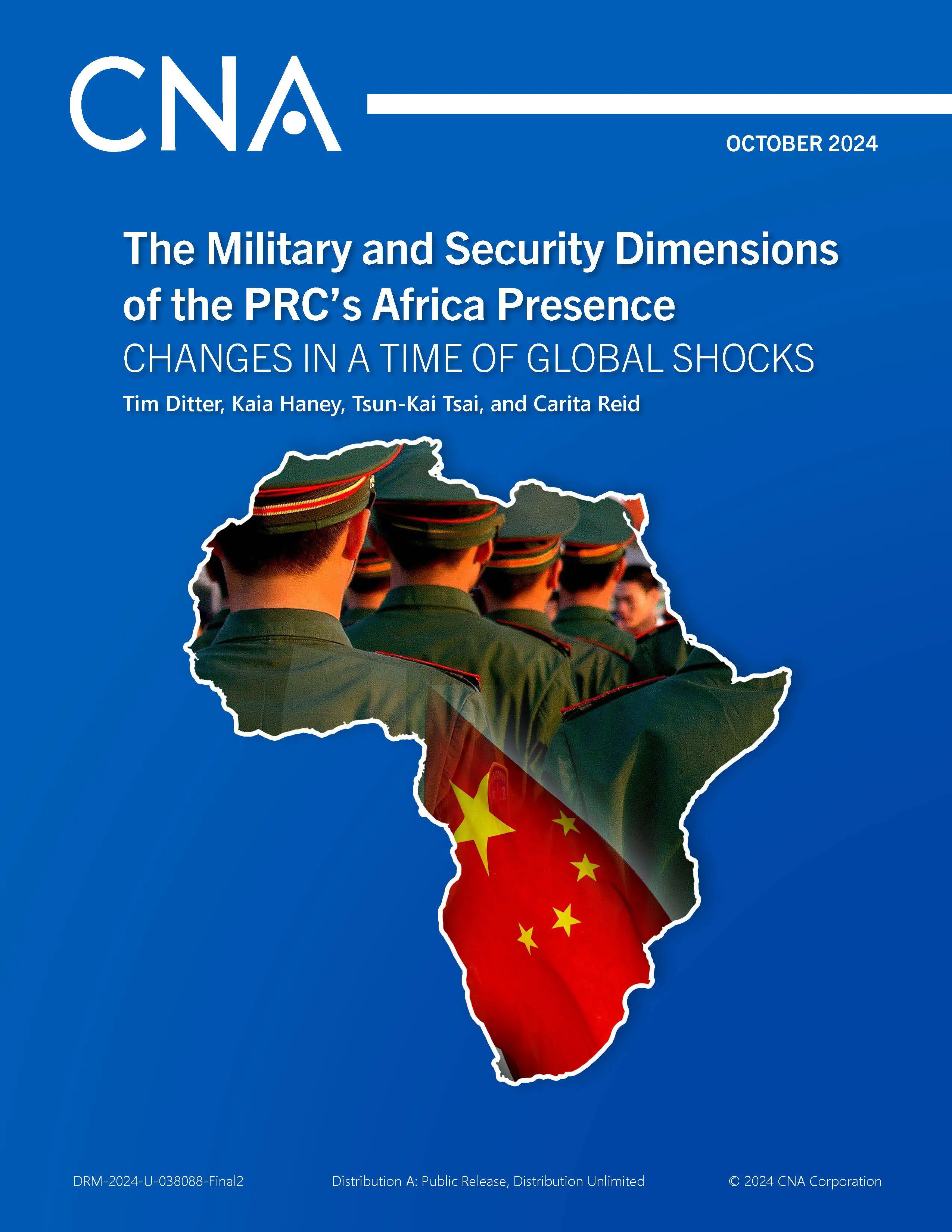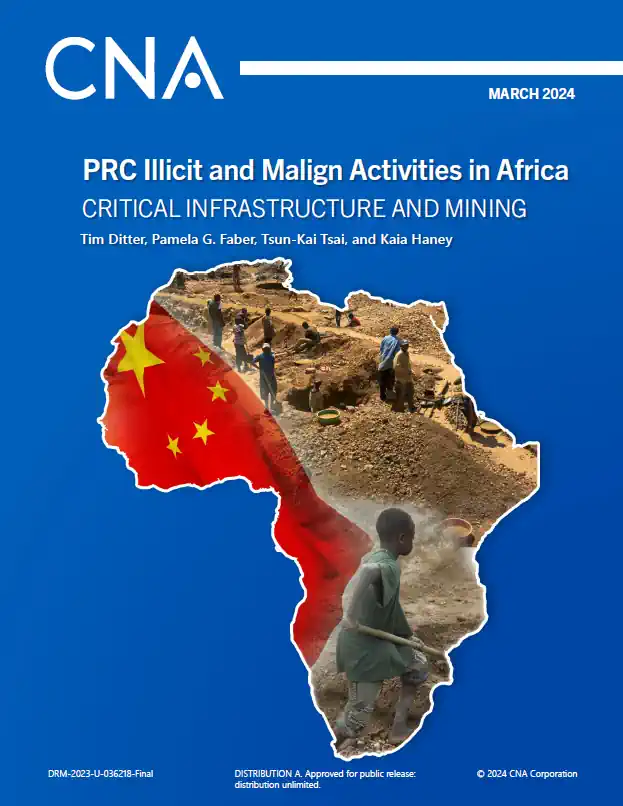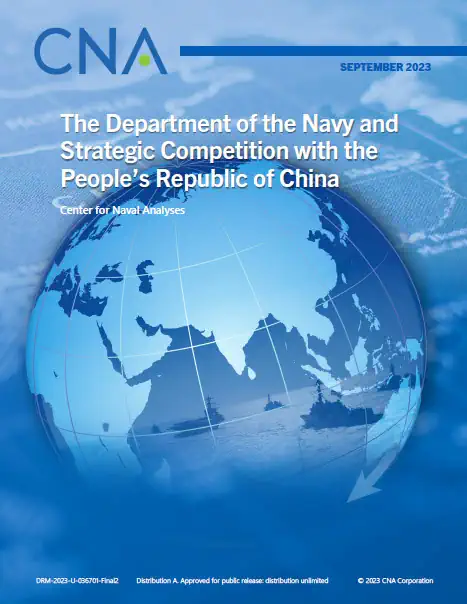Executive Summary
We found that the PRC’s lending practices are characterized by opaque and problematic loan terms and that PRC behavior has contributed to the risk of default in fragile economies.
This report is part of a series that considers trends in People’s Republic of China (PRC) activities across sectors in Africa in the context of global shocks. In this report, we identify trends and effects of PRC economic lending practices in nine African countries after the economic shock of the COVID-19 pandemic and the Russia‑Ukraine war. The countries of focus are Angola, Chad, Djibouti, Ethiopia, Ghana, Kenya, Nigeria, Uganda, and Zambia.
We found that PRC loan amounts to African nations have fluctuated over the last two decades, peaking in 2016, and are not monolithic in purpose and structure. Loans have been given for infrastructure projects, such as the PRC-Nigeria "oil for infrastructure" oil-backed lending project, or to solidify strategic political relationships. In some cases, PRC loans have helped African nations to build or upgrade much-needed infrastructure or transportation projects, and in other cases the projects were never completed.
From 2001 to 2022, PRC financial institutions provided more than $170 billion in credit, loans, and grants to African nations, primarily to fund infrastructure projects across the continent tied to the launch of the PRC’s 2013 Belt and Road Initiative. Although not solely responsible, PRC loans have contributed to Africa’s ballooning external debt.
This lending, however, has declined sharply since 2016 and declined even further from 2020 through 2023 as global economies and financial institutions were ravaged by the COVID-19 pandemic. As African nations begin to reassess and reevaluate their past decades of debt burden and economic distress, PRC lenders are simultaneously trying to restructure their loans and reconsidering their overextended global balance sheets. We found that PRC loan practices have contributed additional distress to countries experiencing severe economic effects from the pandemic and war.
Through our examination of nine cases of PRC lending across Africa, we found that the PRC’s lending practices are characterized by opaque and problematic loan terms and that PRC behavior has contributed to the risk of default in fragile economies. Specific findings include the following:
- Widespread shocks to the global financial system after the COVID-19 pandemic have significantly reduced PRC lending across Africa, causing PRC lenders to call in debts and seek bilateral renegotiation for terms more favorable to the PRC.
- The PRC model of investment has shown inherent flaws over time, such as lack of transparency in negotiations, higher costs for contract implementation by PRC state-owned enterprises, limited hiring of local workers, exclusion of private sector entities and other international investors, and incentivization of rapidly acquired massive loans for relatively fragile African economies, leading to risk of intensified debt distress.
- We identified numerous problematic trends in PRC lending, including reluctance of PRC lenders to accept principal reduction, preference for bilateral negotiation, and diversion of government resources. China's insistence on full repayment makes it difficult for other lenders to provide debt relief or offer low-interest loans to debtor countries because the money would simply flow back to China.
- These characteristics create risk for African countries, including unclear collateral terms that can risk loss of ownership over strategic assets, ballooning costs over the lifetime of a project, and opaque business dealings that facilitate corruption.
- As PRC lending has decreased across Africa, the types and amounts of loans have changed, creating opportunities for African nations to explore new lenders and smaller, more efficient infrastructure projects.
From 2001 to 2022, PRC financial institutions provided more than $170 billion in credit, loans, and grants to African nations, primarily to fund infrastructure projects across the continent tied to the launch of the PRC’s 2013 Belt and Road Initiative.
Approved for public release: distribution unlimited.
Details
- Pages: 59
- Document Number: DRM-2023-U-036941-Final
- Publication Date: 3/1/2024
